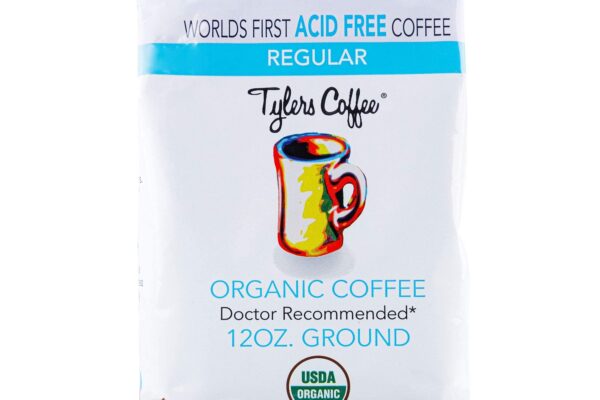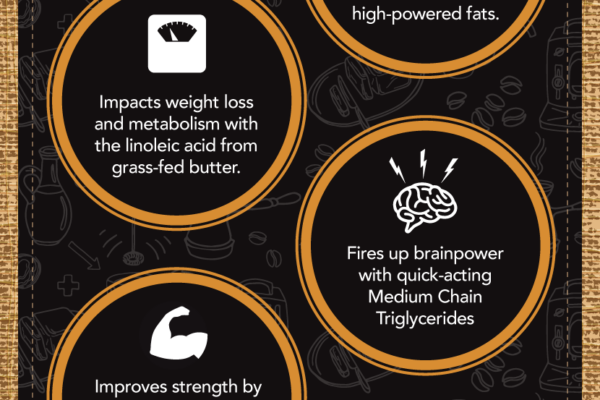Blog
Is Coffee Healthy Food?

Coffee is consumed worldwide as both an early morning energizer and post-dinner treat by millions. Although studies have linked coffee consumption with numerous health benefits – such as lower risks of heart disease and cancer – numerous questions still exist as to its safety.
Concerns over coffee typically focus on its caffeine content and how it might impact sleep, blood pressure, energy levels and mental focus. Yet evidence shows that when consumed responsibly coffee may even protect against chronic diseases and boost immune system health.
Studies that tout coffee’s health benefits typically refer to “black” coffee, meaning without sugar or flavor enhancers like creamer. Most people don’t drink their coffee this way though; adding creamer and sugar adds extra calories; in fact a typical cup with single-serve milk/whipped creamer and added sugar contains about 150 calories; gourmet coffee drinks could have up to 500 per serving!
While caffeine may affect each person differently, most find that up to three cups of coffee daily does not pose any negative health consequences if they do not need to manage other medical conditions like high blood pressure or diabetes. If you’re concerned about its side effects, switching your daily coffee for green tea or decaffeinated options might be a better alternative.
Coffee may offer health advantages – thanks to polyphenols and chlorogenic acids that it contains that may reduce risk factors for liver disease and diabetes.
Researchers have also shown that coffee drinking can improve memory and cognitive function. Caffeine helps you stay alert by blocking receptors of adenosine, an inhibitory neurotransmitter which decreases energy and alertness. One study published by Circulation found that those who consumed one cup a day were 30 percent less likely to suffer a stroke than those who forwent coffee consumption; additionally it has also been associated with decreased risk for colorectal, melanoma, leukemia, and prostate cancers.








